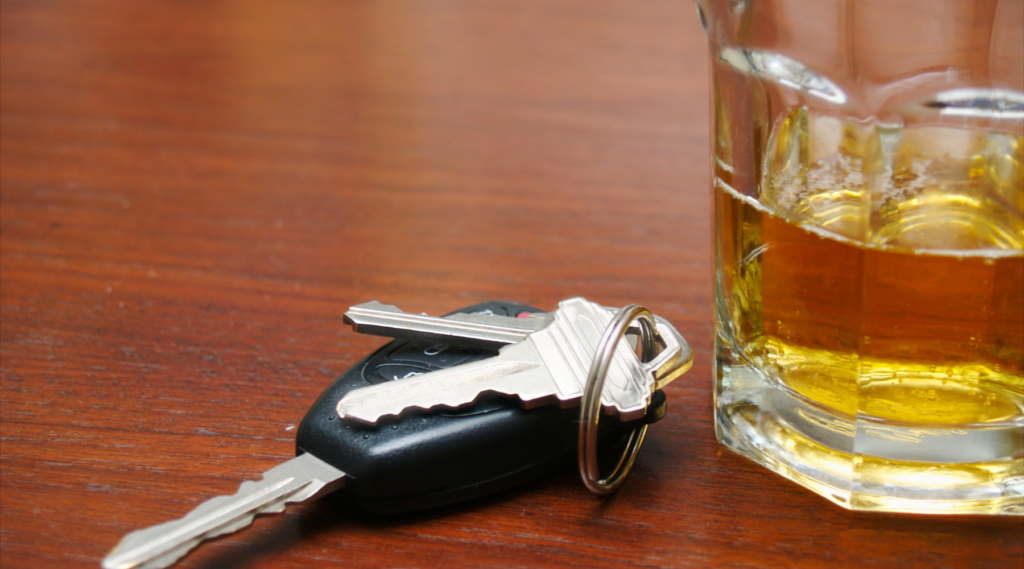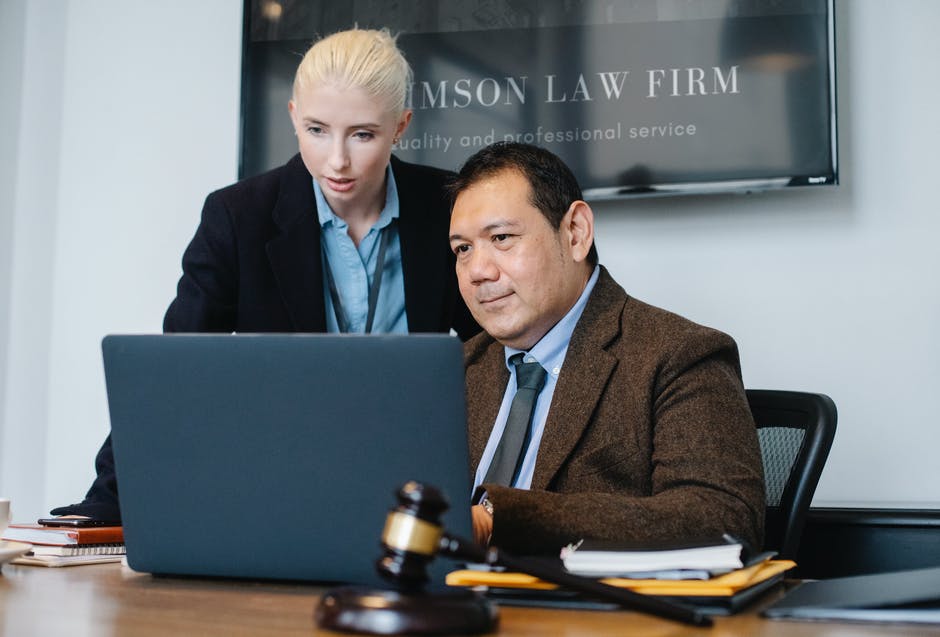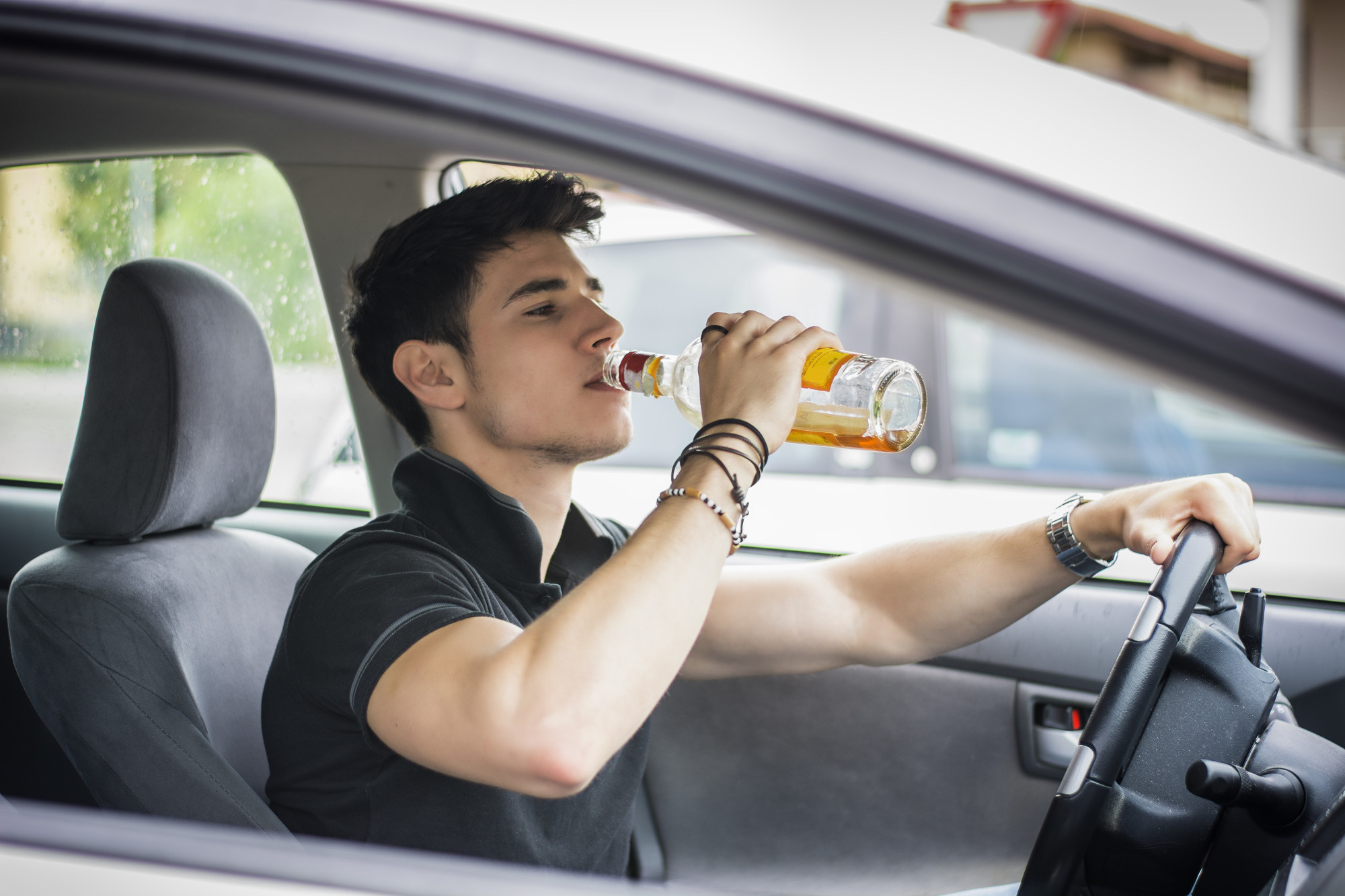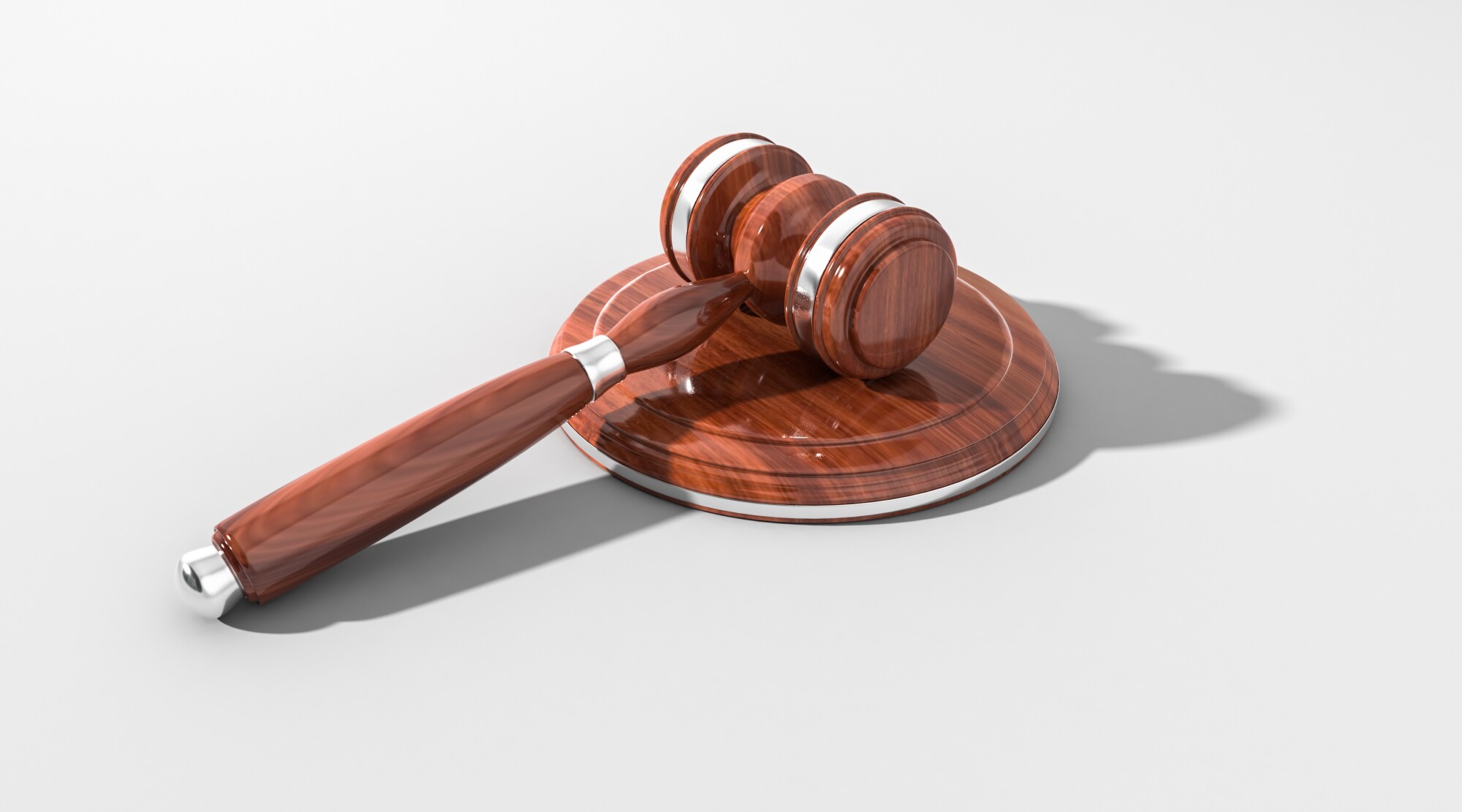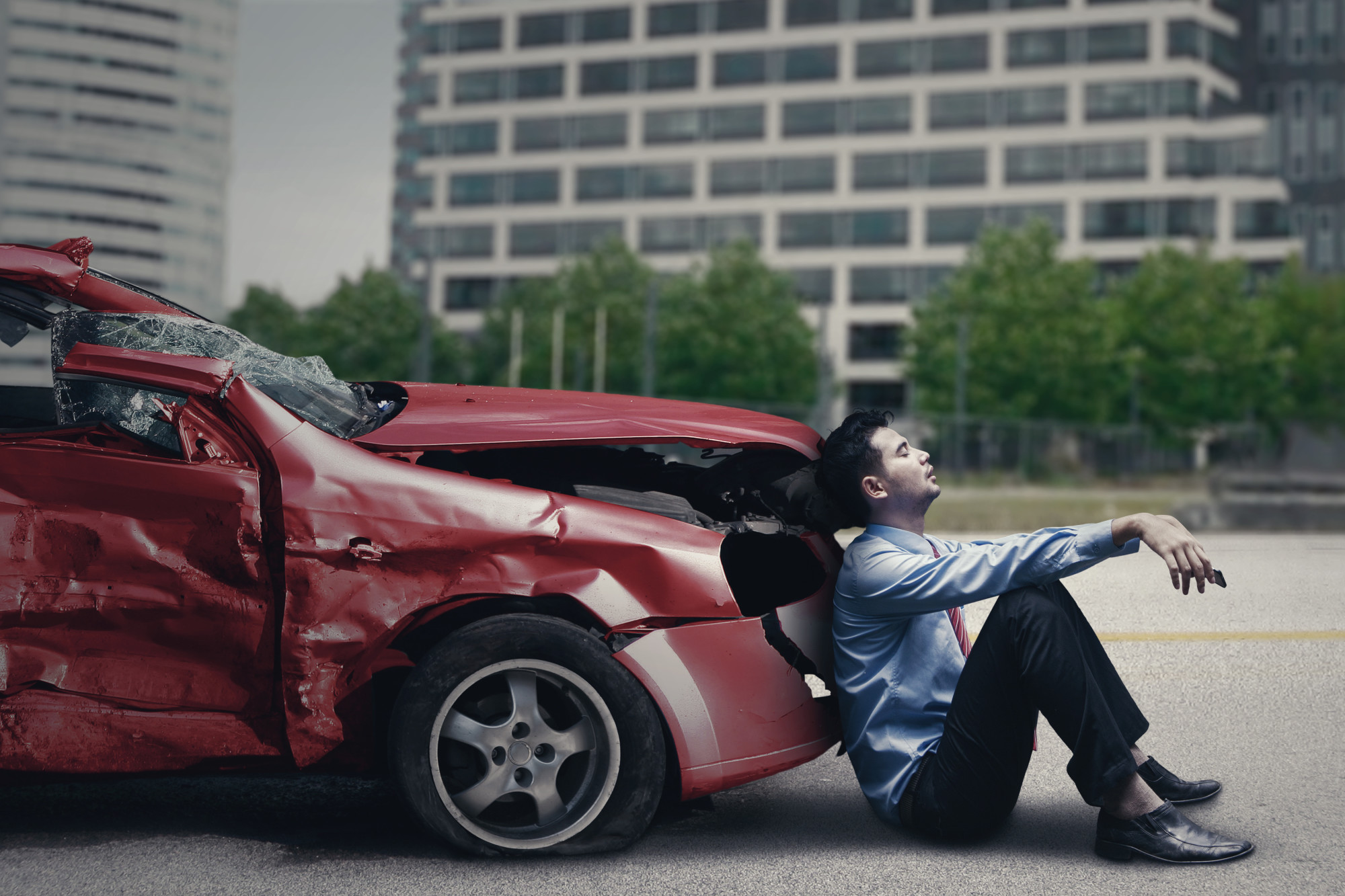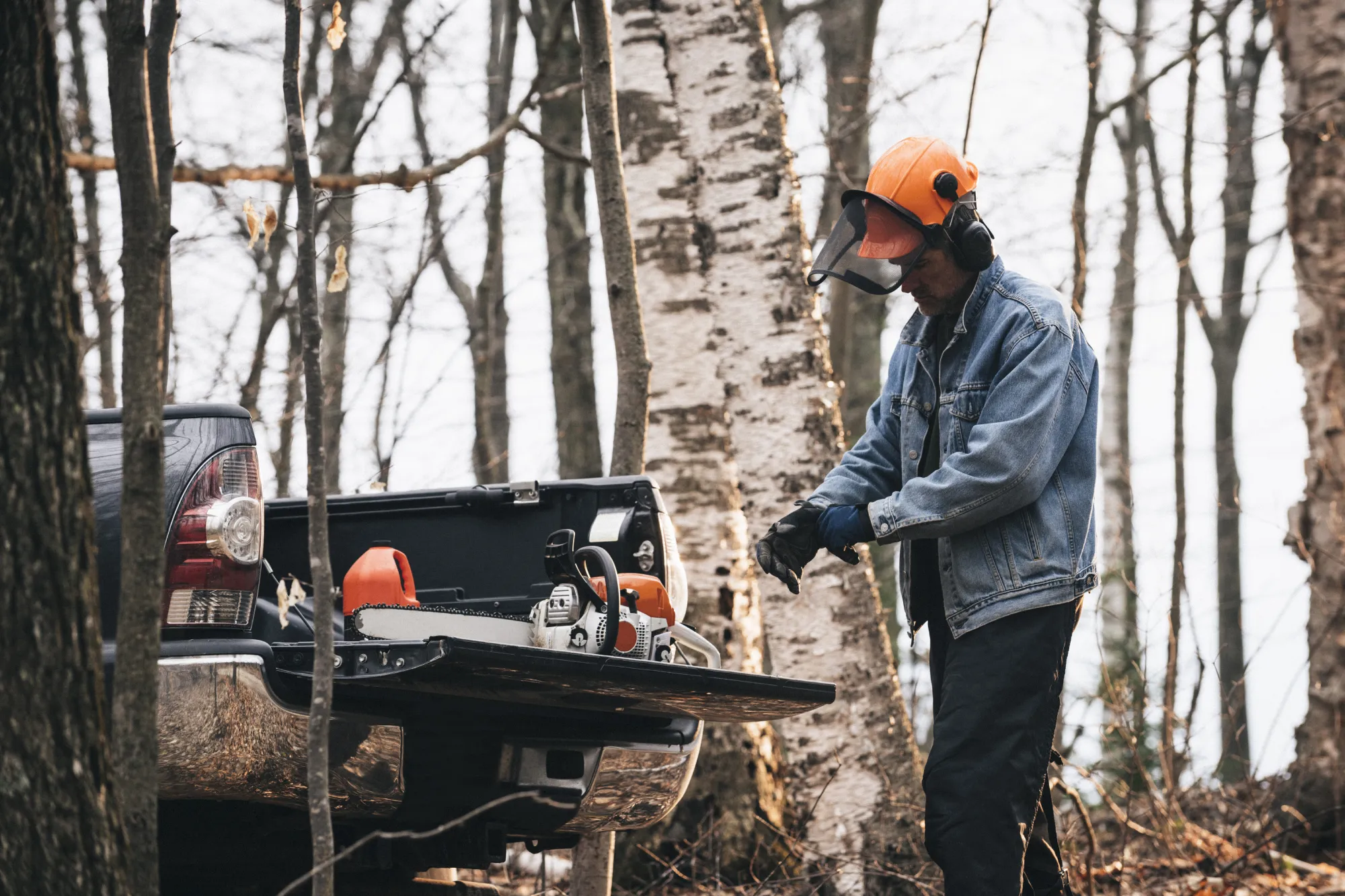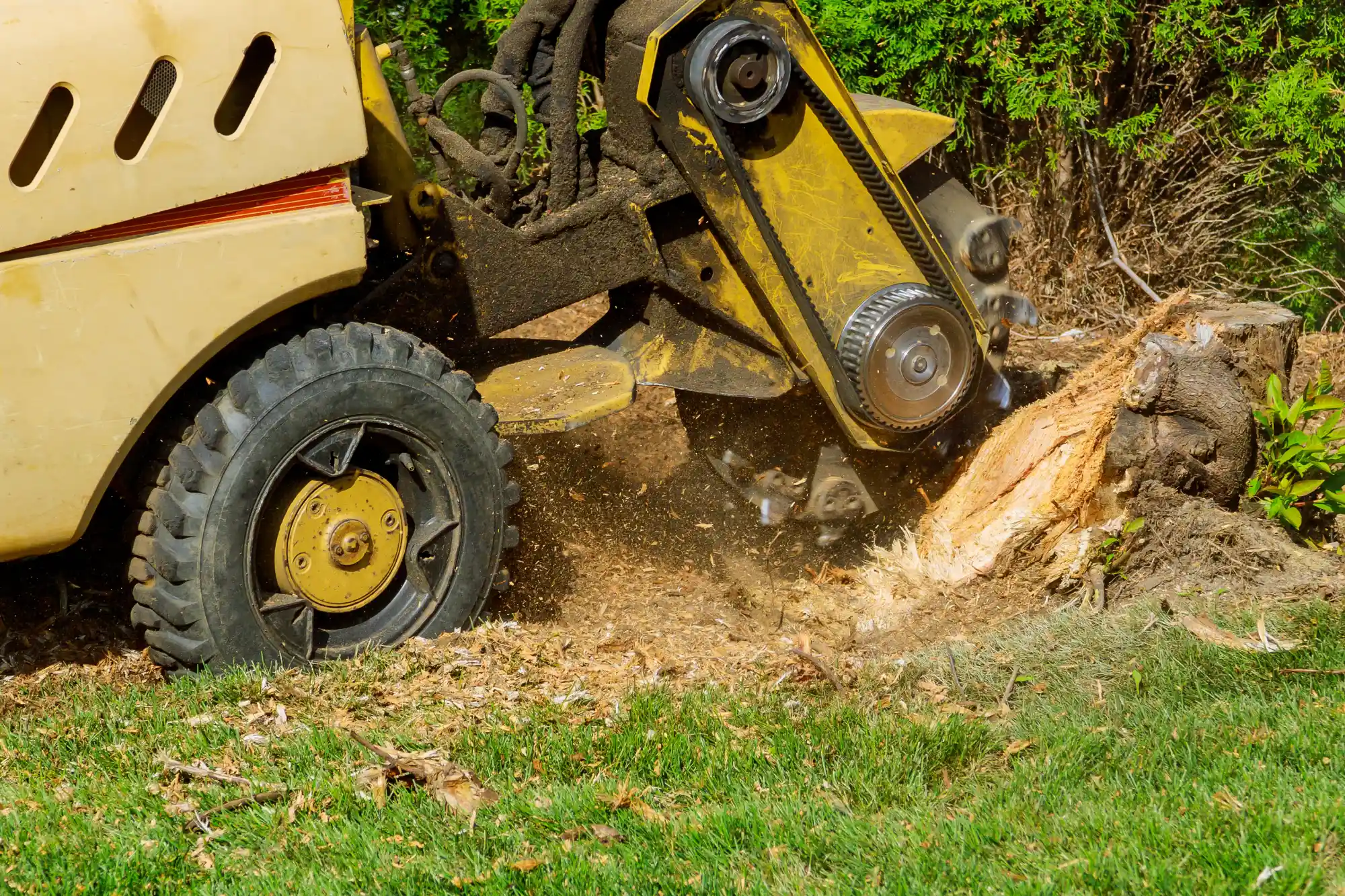You’re driving your car home after a long night at the bar, except there’s one problem: you’re driving under the influence.
DUIs are more common than you might think. An estimated 10,000 people die every year from incidents related to drunk driving. That means every day, dozens of people get behind the wheel when inebriated and kill themselves or others.
The penalties for DUI can be incredibly steep and may lead to hefty fines or long-term jail sentences.
It goes without saying that you should not be driving under the influence, ever. While alcohol does impair your judgment, it’s your responsibility to have a designated driver when you plan to drink. Failure to prepare for when alcohol impairs your judgment is willingly risking your own life, and those of others.
However, if a policeman pulls you over while you are driving drunk, you want to avoid those steep penalties. Here are five things you can do to avoid the worst consequences of a DUI.
What Constitutes Driving Under the Influence?
The legal limit of BAC (blood alcohol content) in Texas and most states is 0.08%. That means you are legally drunk when your blood has at least 0.08% alcohol content. You risk getting a DUI.
However, you can get a DWI if the BAC is below the legal limit (or if you’re under the influence of drugs) but an officer believes it affects your driving. Things get worse if you have a child in the vehicle, or an open bottle–which risks an offense even if you aren’t drunk.
Here is more on the difference between DUI and DWI.
Again, we cannot stress enough how important it is for you to arrange a designated driver any time you get drunk and think that you will go somewhere else. Consider how your actions could ruin another person’s life in addition to your own.
Now here are some tips for what to do if a policeman pulls you over.
Step 1: Carefully Pull Over
This is difficult while under the influence, but try your best to use your turn signal, pull over gently, and come to a full stop.
The police officer will be using a dashcam to record the incident, which they can use against you in court.
Step 2: Be Courteous and Cooperative
Like any traffic interaction with the police, you want to treat the officer with the utmost respect. A police officer decides whether or not to arrest you, and how bad your charge could be. Giving them the respect they deserve could sway them to be lenient and understanding about your mistake.
Remember, police officers have body cams. If at any point you are rude or combative, they will use that against you. Keep your hands on the wheel, put your head on the headrest, and maintain eye contact.
Don’t hesitate to say sir or ma’am when referring to them. Use please and thank you. Every little bit of effort counts.
Step 3: Never Admit to Drinking
Again, it will be difficult to keep your wits about you, but the Fifth Amendment protects you from self-incrimination. There is no requirement for you to answer an officer’s questions. Politely refuse to answer the officer’s questions, or simply do not answer.
If you do admit to drinking, then clarify what you had to drink, when you drank it, how long it took you to finish one drink, and if you ate any food to reduce drunkenness. Knowing only that you were drinking could harm your case, so the specifics could help you.
Step 4: Refuse to Submit to Sobriety Tests of Any Kind
If the officer asks you to step out of the vehicle, then you should comply. However, the Fifth Amendment protects you here too. Refuse to perform any sobriety tests.
Sobriety tests involve using balance and coordination that you don’t have when you’re drunk. If you submit to these tests, you will prove to the officer that you are impaired. That will ruin your case.
Note: it’s a good idea to lean on your car, but not too much. This will help you to balance. But if the officer sees you leaning too heavily or swaying, that gives them more evidence that you’re drunk.
Step 5: Refuse a Breathalyzer Test
The breathalyzer test is a chemical test that detects the BAC in your body via breathing into a device. Again, your constitutional rights mean you can refuse this test. It’s important to keep in mind that breathalyzer tests are not always accurate, and a false result could show a BAC much higher than you actually have.
However, keep in mind that refusing a breathalyzer test means you risk the Texas DPS suspending your license for up to a year. You can appeal this decision, which will give you a temporary driving permit until your hearing. Your chances alone will be slim to none unless you hire a skilled lawyer to plead your case.
If the officer decides to arrest you, then maintain silence in the cop cruiser. Don’t answer any questions, reminding the officer that you have the protection of the Fifth Amendment. When you get to the station, get legal help from a DUI attorney or DWI attorney, such as Attorney James Fletcher.
Get a Lawyer
There is plenty of legal help if the police catch you driving under the influence. A DUI attorney in Austin is ready to assist, even if you speak Spanish. And the next time you go out to get a drink with friends, make every effort to ensure at least one person stays sober to take the rest home.
Contact Attorney James Fletcher if you need help overturning a DWI/DUI case.



